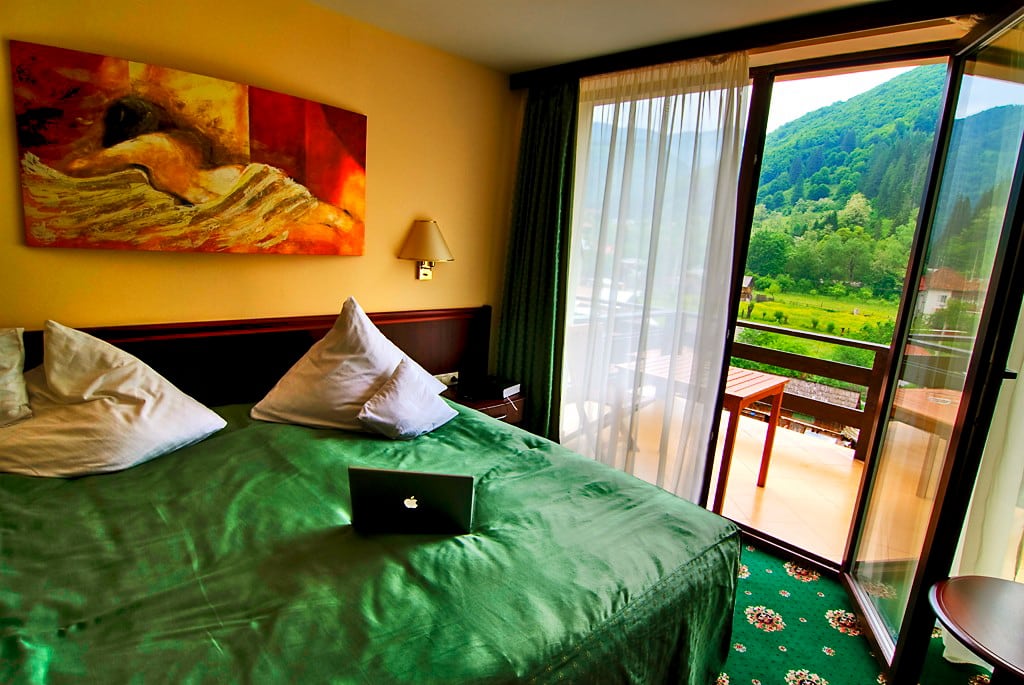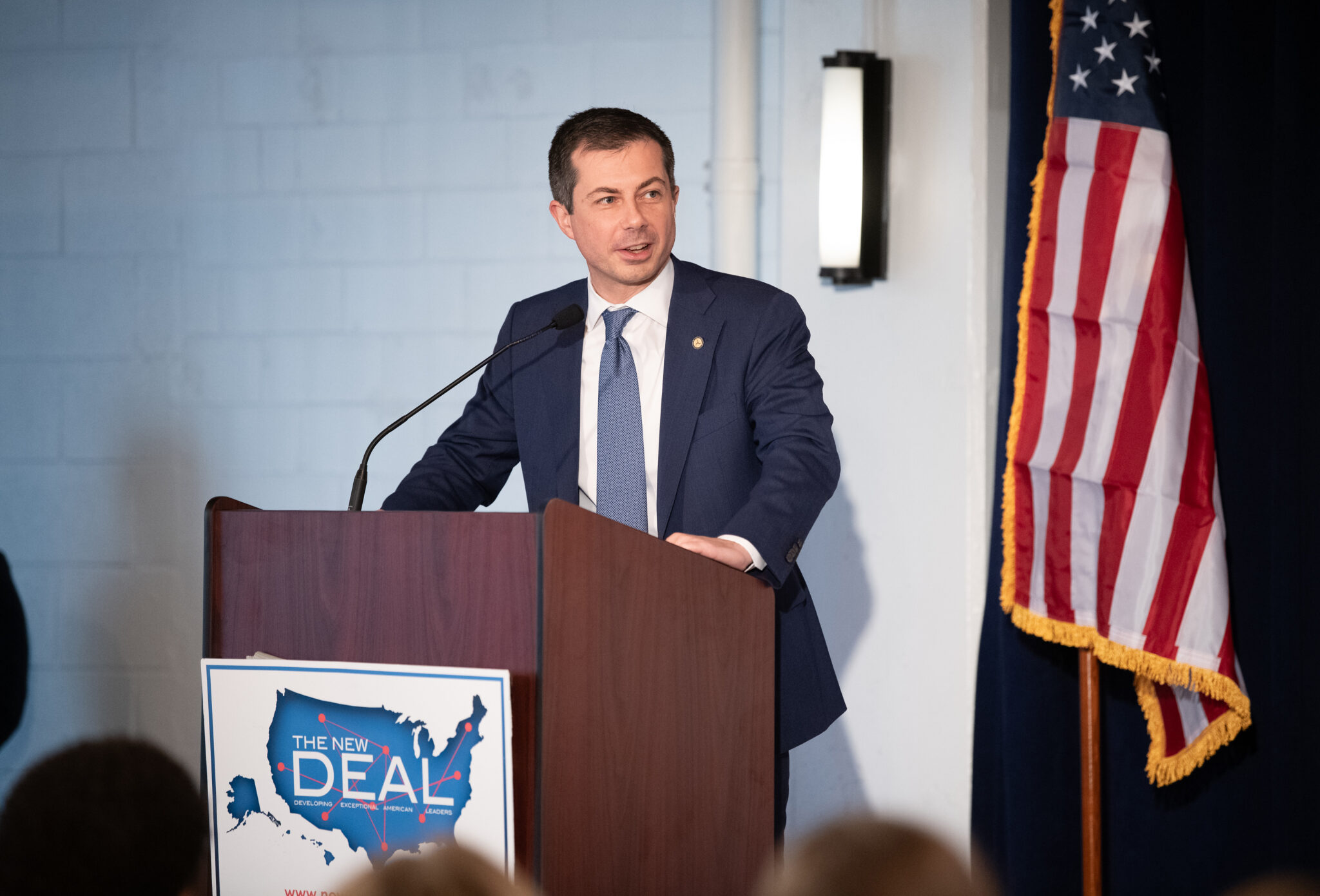Hotelwifitest Challenges Hotel Wi-Fi Ratings

Skift Take
Not all hotel Wi-Fi is created equally, and Hotelwifitest.com is enabling guests to challenge claims of “fast, reliable Wi-Fi” by enabling them to test connection speeds and then share the results on the site and social media platforms.
While at a property, guests can test the Wi-Fi to determine what speed they can expect during their stay. Each hotel that’s tested on the site is given an “expected speed,” which is derived from multiple tests done at different times of day and at varied locations throughout the hotel.
Hotelwifitest displays the range of test results along with the confidence percentage. This percentage is based on the number of tests taken, how recently the tests occurred and the diversity of tests in terms of the time of day, day of the week and time of year. The site indicates whether a hotel offers free or paid Wi-Fi.
Launched last year, Hotelwifitest predicts the Wi-Fi speeds at major hotels around the world even if no tests have taken place using an algorithm that considers location and hotel features.
Cheaper hotels with faster Wi-Fi is an emerging trend that shows pricier hotels don’t necessarily offer guests a smoother experience online. That is consistent with the findings from hundreds of hotels tested daily on Hotelwifitest, says Yaroslav Goncharov, president of Hotelwifitest.
“We were quite surprised to find out that in cheaper hotel chains internet access and speed are better than in many more expensive hotel chains,” he said. “Our numbers showed that it is true.”
The New York Hilton Midtown’s expected speed, according to Hotelwifitest, would be 55.9 megabits per second (mbps), with a range of 0-95.5 mbps and a confidence percentage of 98%.
“As part of our multi-million dollar renovation, the New York Hilton Midtown has recently added over 1,200 wireless access points to provide faster and stronger connections for our guests, and we are pleased to see the hotel’s Wi-Fi ranked highly within the city,” said Laurens Zieren, the hotel’s general manager.
To help prevent faulty results, one guest doing several tests in a row gives each subsequent test a lower weight when factored into the expected speed, and the site’s algorithms check for location accuracy in areas with high concentrations of hotels to ensure the speed being tested is for the hotel the guest is in.
Verified testing by the site also factors into the expected speed, and involves confirming that the guest’s location is within an acceptable distance of the hotel, ensuring the tests are done on the correct provider network and that the IP address corresponds to the hotel’s location.




